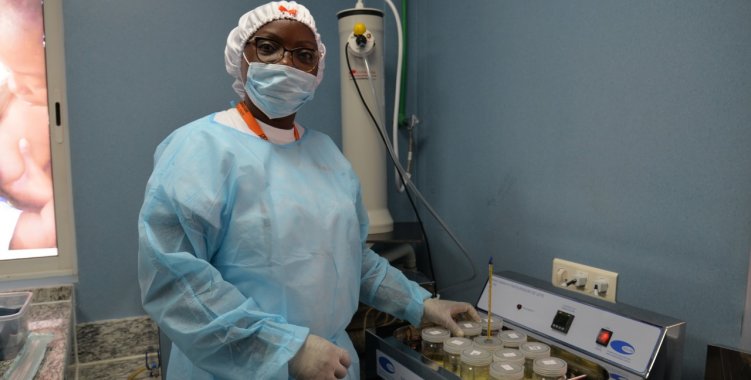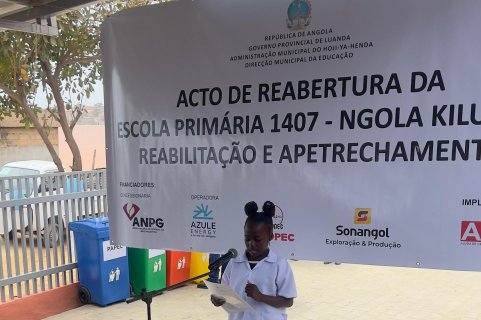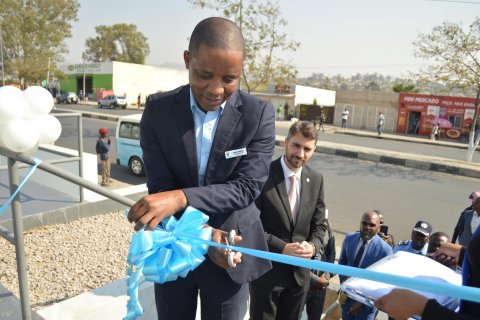Marcelo Queiroga, who visited the HLB, a Brazilian cooperation project installed at the Lucrécia Paim Maternity Hospital, in Luanda, said this Thursday that the unit is a heritage of both countries, guaranteeing to solidify and expand cooperation in this field.
"It is a great pleasure to visit Banco de Leite Humano, the result of the collaboration between our countries, together we built this bank, which is a heritage of Brazil and Angola, we will continue to work on this technical cooperation to further expand this action", said the Brazilian ruler.
For the Brazilian minister, the BLH should serve as an example for other countries, "not just Portuguese-speaking ones", because, he noted, the Human Milk Bank "begins, above all, with a gesture of love".
"The love of mothers who often donate milk not only to their children, but to other children who need this food," he said.
Marcelo Queiroga visited the hospital flanked by some Health ministers from the Community of Portuguese Speaking Countries (CPLP), who are in Luanda for a meeting of the sector, and the Secretary of State for the Hospital Area, Leonardo Inocêncio.
The HMB, the first of its kind in Angola, was inaugurated on November 18, 2019 and has a daily collection capacity of 100 liters of milk, donated by women, who travel to the hospital for the purpose.
Manuela Mendes, director general of the Lucrécia Paim Maternity, the largest in the country, praised the visit of the CPLP ministers, noting that the BLH is already registering an increase in supply after the obstacles, especially mobility, caused by the pandemic.
"This milk has served, essentially, for premature babies, in addition to the milk that is donated by the mother herself, those mothers who cannot make it have the support of the milk bank and we know that the main food for the baby", he said in statements to journalists.
According to the official, the neonatal and maternal mortality rates in that unit have decreased by 30 percent in the last three years, mainly due to the new measures outlined by the Government, such as an increase in human resources, accelerated training and an increase in medical devices".
"We have reduced neonatal mortality by 30 percent in these three years, which is not easy, as we still have many problems at the community level, in which risk factors are not recognized and, therefore, they arrive late at our institution", highlighted.
"And that also makes it difficult to further decrease mortality rates," she noted, noting that the hospital unit she directs will implement a program to send messages to pregnant women about risk factors in pregnancy.







